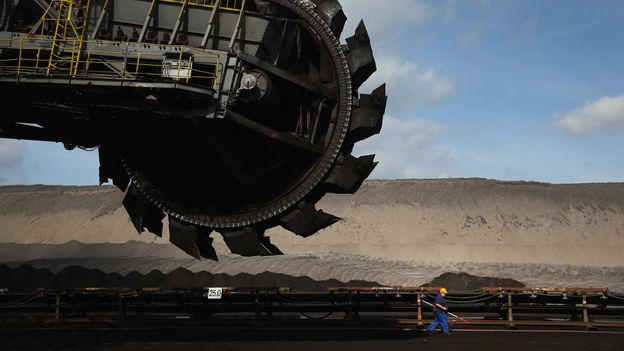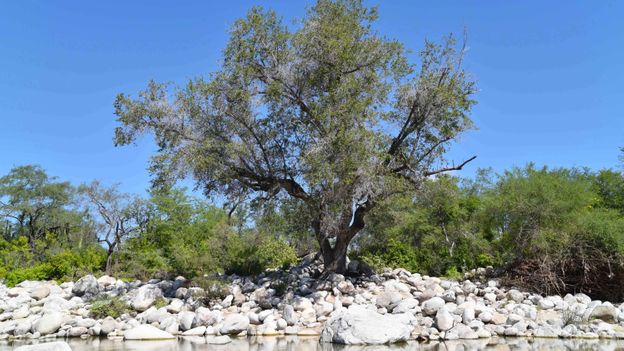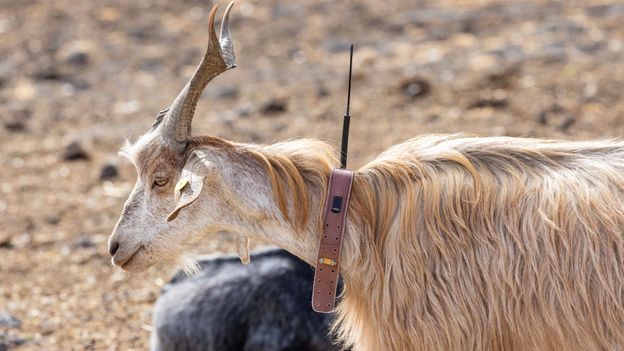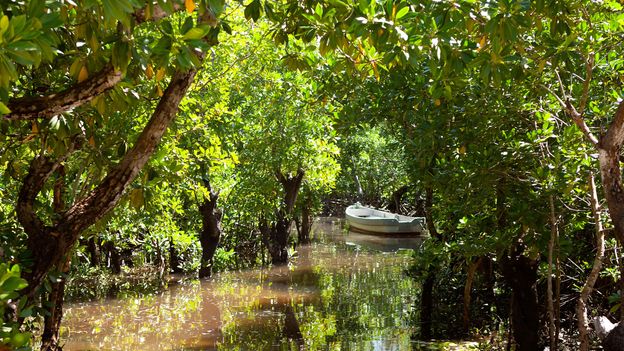To clarify, the US government is unlikely to stick their oar in if a coal mine or drilling rights were passing between private hands, but a sizeable proportion of exploitation deals involve public land. “These assets are owned by the federal government, as a public good and trust for the citizens of the United States. And, thus, as the evolution of citizens’ thinking about how we should utilise these resources has changed, so should the laws change,” says Stoellinger.
Ultimately, though, they acknowledge that a law change would be a highly political project. There are myriad deterrents for the US politician who would seek to allow non-use or conservation on exploitable federal land: communities that would object to the loss of fossil fuel jobs, not to mention the loss of revenue from royalties.
And some environmentalists may even object to the idea of having to pay to conserve public lands. Why, they might ask, couldn’t the government just ban drilling or mining?
Keeping it in the ground
However, the idea of pro-active purchasing for conservation does have precedent in other areas of environmentalism, so it’s not impossible to change attitudes, rules and laws.
Various groups have acquired land or negotiated water rights in order to preserve habitats for wildlife. Others have directly acquired grazing permits so that land is not used for climate-intensive agriculture. Some campaigners have even outbid logging companies for timber leases in Montana, or successfully acquired trawling permits and vessels from fishermen in California.
As Harstad put it in his original paper a decade ago, “paying for the conservation of a territory is not unrealistic”. Millions of dollars are already spent by environmental groups on political engagement and campaigning, and climate-concerned governments are already investing heavily in carbon reduction and alternative energy.
Buying up relatively cheap coal mines on a large scale could be one more tool that the world has to ensure a just transition away from fossil fuels, and to keep thousands of tonnes of the black stuff from ever being combusted.
So, while Greenpeace Nordic may have been rejected in their attempt to acquire the desolate landscapes of Germany’s lignite mines, it may just be a matter of time before someone else shows that it can work.
—
Richard Fisher is a senior journalist for BBC Future. Twitter: @rifish
—
Join one million Future fans by liking us on Facebook, or follow us on Twitter or Instagram.
If you liked this story, sign up for the weekly bbc.com features newsletter, called “The Essential List” – a handpicked selection of stories from BBC Future, Culture, Worklife, Travel and Reel delivered to your inbox every Friday.












